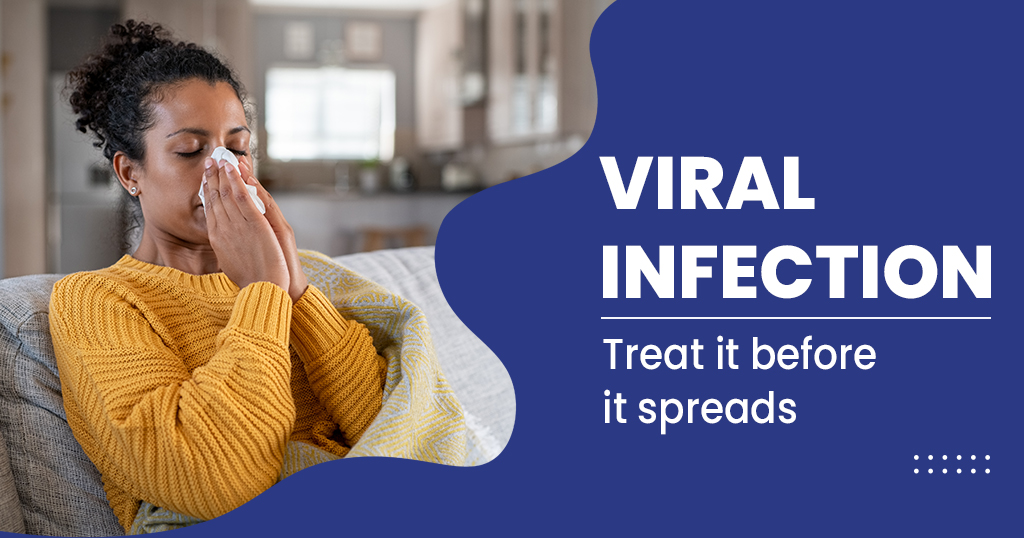Liver Health
Title: Enhancing Liver Health: Expert Advice from a Medical Professional
liver Function: The liver is a large, reddish-brown organ located on the right side of the abdomen, just beneath the rib cage. It performs a variety of essential functions that are crucial for maintaining overall health.
Some of its key functions include:
Detoxification: The liver plays a central role in detoxifying harmful substances, drugs, and toxins from the bloodstream. It converts these substances into less harmful forms that can be eliminated from the body.
Metabolism: The liver is involved in various metabolic processes, including the breakdown of carbohydrates, proteins, and fats. It helps regulate blood sugar levels and stores glucose in the form of glycogen for later use.
Production of Bile: The liver produces bile, a digestive fluid that helps break down fats in the small intestine during digestion. Bile also aids in the absorption of fat-soluble vitamins.
Synthesis of Proteins:
The liver produces important proteins such as albumin, which helps maintain fluid balance in the body, and clotting factors that are essential for blood coagulation.
Storage of Nutrients: The liver stores important nutrients such as vitamins (A, D, E, K) and minerals (iron and copper) for future use.
Immune System Support: Kupffer cells in the liver are part of the immune system and help remove bacteria, viruses, and other pathogens from the bloodstream.
Common Liver Conditions:
Several conditions can affect the liver's health and function. Some of the common liver conditions include:
Fatty Liver Disease:
Hepatitis:
Hepatitis is inflammation of the liver, often caused by viral infections (hepatitis A, B, C, etc.), excessive alcohol consumption, autoimmune disorders, or certain medications.-
Cirrhosis:
Cirrhosis is the advanced scarring of the liver tissue, usually caused by long-term liver damage from various sources such as chronic alcohol abuse, viral hepatitis, or fatty liver disease.
Liver Cancer:
Liver cancer can originate in the liver (primary) or spread from other parts of the body (secondary or metastatic). Chronic liver diseases like hepatitis and cirrhosis can increase the risk of liver cancer.
how can we kept healthy condition our liver :
1. Mindful Nutrition:
A balanced diet is essential for liver health. Incorporate a variety of fruits, vegetables, whole grains, lean proteins, and healthy fats into your meals. Reduce your intake of processed foods, sugary snacks, and excessive amounts of saturated and trans fats. Additionally, limit your consumption of alcohol, as excessive drinking can lead to liver damage over time.
2. Stay Hydrated:
Water is a natural detoxifier and aids in the elimination of waste products from the body, including the liver. Aim to drink an adequate amount of water throughout the day to support your liver's detoxification processes.
3. Maintain a Healthy Weight: Excess weight, especially around the waistline, can contribute to fatty liver disease and other liver complications. Engage in regular physical activity and aim for a healthy weight to reduce the risk of liver affections.
4. Regular Exercise:
Physical activity not only helps in weight management but also improves overall cardiovascular health and insulin sensitivity. Engage in moderate-intensity aerobic exercises like brisk walking, jogging, or swimming for at least 150 minutes per week.
5. Limit Medication Use:
Some medications can impact liver health when taken excessively or in combination with other substances. Always follow your healthcare provider's instructions and consult them before starting any new medications, including over-the-counter ones.
6. Vaccinations: Protect yourself against hepatitis viruses by getting vaccinated. Vaccines are available for Hepatitis A and B, offering a crucial preventive measure against these viral infections.
7. Herbal Supplements and Alternative Therapies: Be cautious when using herbal supplements or alternative therapies, as some can potentially harm the liver.
8. Manage Chronic Conditions:
Conditions like diabetes, high blood pressure, and high cholesterol can impact liver health. Properly manage these conditions through medication, lifestyle adjustments, and regular medical check-ups.
9. Reduce Stress: Chronic stress can contribute to liver inflammation. Practice stress-reduction techniques like yoga, meditation, deep breathing, or engaging in hobbies you enjoy.
10. Regular Check-ups:
. Blood tests (LFT)and imaging studies(USG) can help detect any early signs of liver issues.















.jpeg)

Comments
Post a Comment